
Transcription
Reply ID: tddp
Once again, your comments were well received.
In the perfect world, the solutions you preferred would quickly eliminate the issues that confront us. But it is essentially a rubber stamp for a facility's policies, and it was implemented to delay, if not inhibit, access to the federal court system. During the early years of my incarceration, one could actually approach department officials relative to specific problems, and they would occasionally intervene on your behalf. However, there were only some 7,000 people in the system then, and there are an excess of 49,000 now. Due to Illinois's financial plight, providing most basic services (food, clothing) is a daily struggle for the administrators here. Obtaining individual attention for one's complaints is nigh near impossible to secure.
That doesn't mean that I will give up the struggle, far from it. But it's merely a statement of fact regarding what confronts us with our endeavors.
I have a general awareness of the philosophers that you suggested I read. My knowledge of them is the proverbial mile-wide and an inch deep.
Generally speaking, I would disagree with Pluto's utopian view of society, which, in The Republic, seeks to establish a government composed of an elite group of wise and incorruptible rulers. May sound good in theory, but who does the selecting? I'll volunteer... Further, Rousseau's desire for a direct rather than a representative democracy, while looking fairly appealing on paper, appears terribly difficult to implement. On the other hand, John Locke's ideas pertaining to the ruler being answerable to the majority and the people having the right to rebel when the rules of the contract are broken, well, that still rings true today.
On a personal level, there are two individuals whom I refer to regularly: Siddartha Gautama and Niccolo Machiavelli. Guatama's philosophy affects me the most every day in living my life; Machiavelli I put into practice every time I turn on the evening news.
In Discourses 1.9, he states: "It is a sound maxim that reprehensible actions may be justified by their effects, and that when that effect is good... it always justifies the action."
Perhaps President George Bush and Dick Cheney invokes those words when the decision to approve waterboarding was argued. Prior to that point, the United States' position was argued. Prior to that point, the United States' position on it had been established at the 1946 Class A War Crimes Tribunal in Tokyo, where Gen. Douglas MacAuthur condemned to death Japanese admirals who condoned the waterboarding of U.S. personnel, in an attempt to obtain information relative to troop movements. What changed over the passage of time to alter the U.S. position?
For that, I have no answer, and I cannot state, in all certainty, that I would have approved it too. I suppose that the point I am attempting to raise is that here we are, 487 years after his death, and his words are still being put into practice. More than we care to acknowledge.
FYI, I am in the process of completing my next installment regarding the incremental benefits one can accrue from the use of the FOIA, and it will be sent "to the printer" in the near future.
Peace.
Other posts by this author
|
2020 jul 25
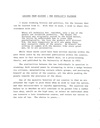
|
2017 aug 4

|
2016 oct 4

|
2016 aug 13

|
2016 may 8
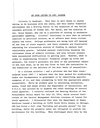
|
2016 may 4
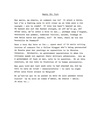
|
More... |
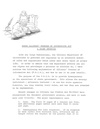
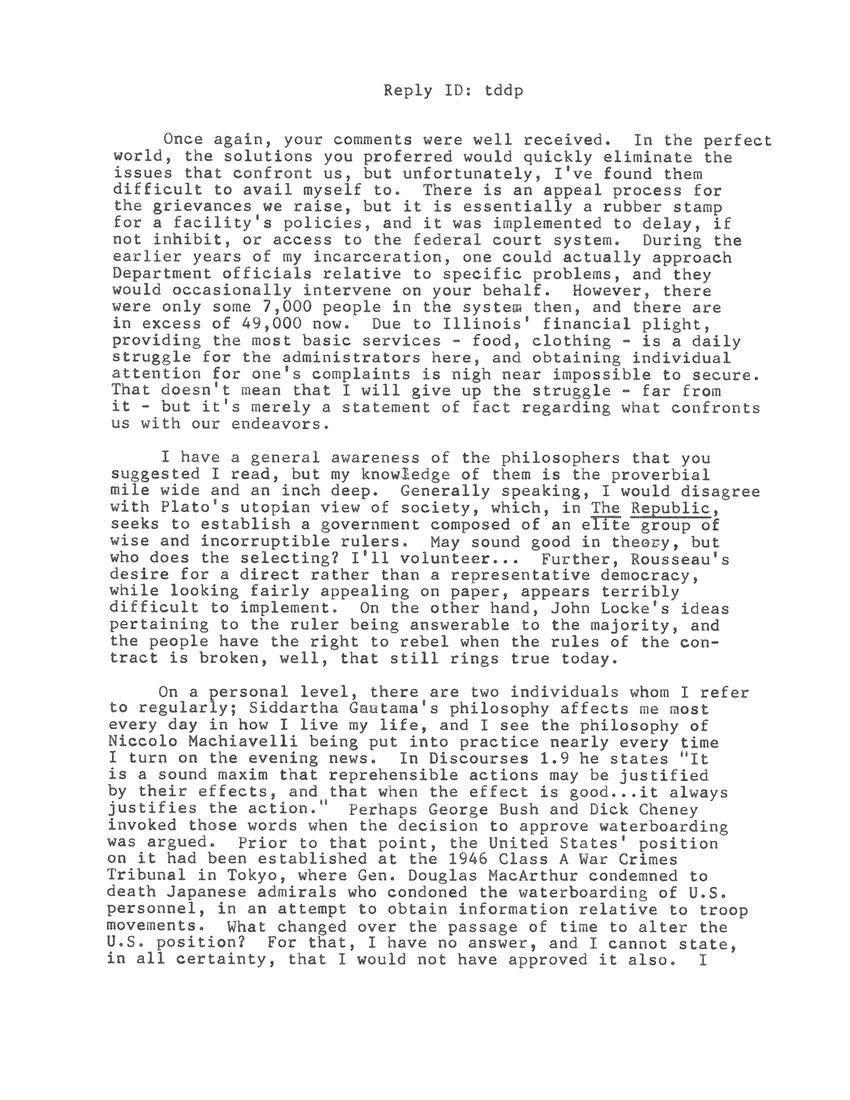
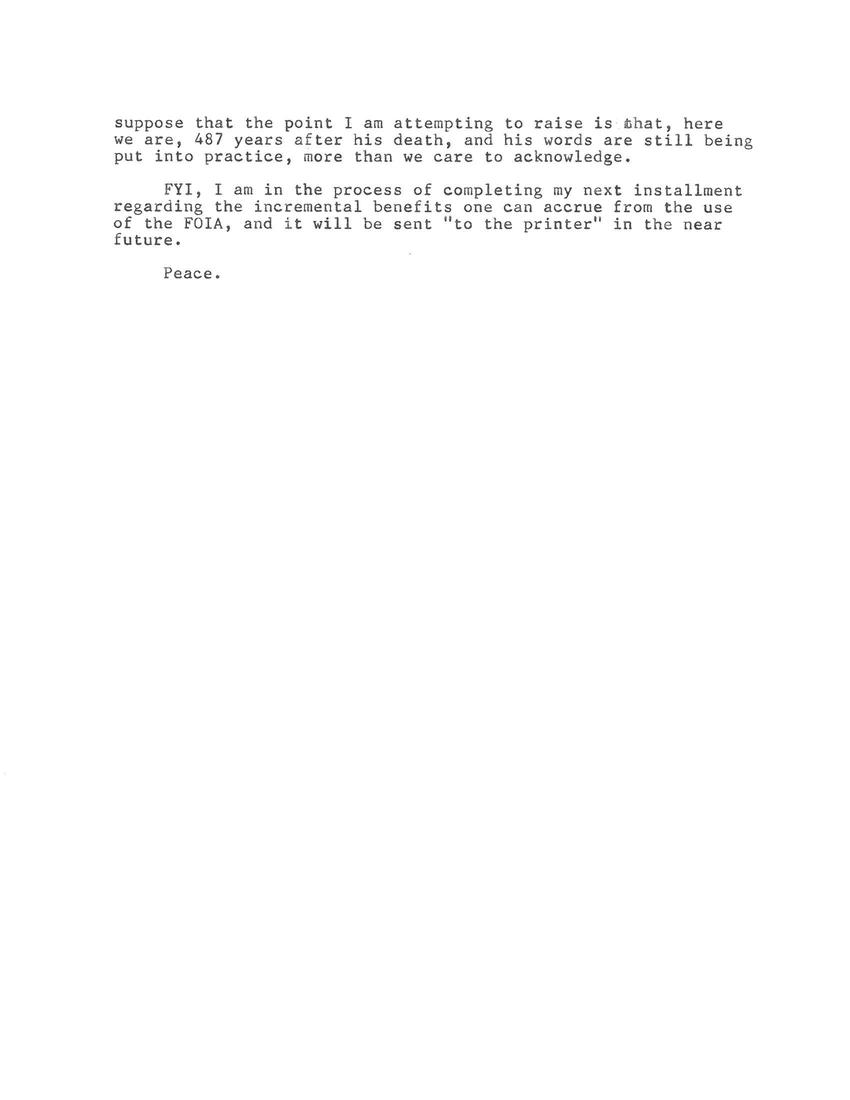

Replies